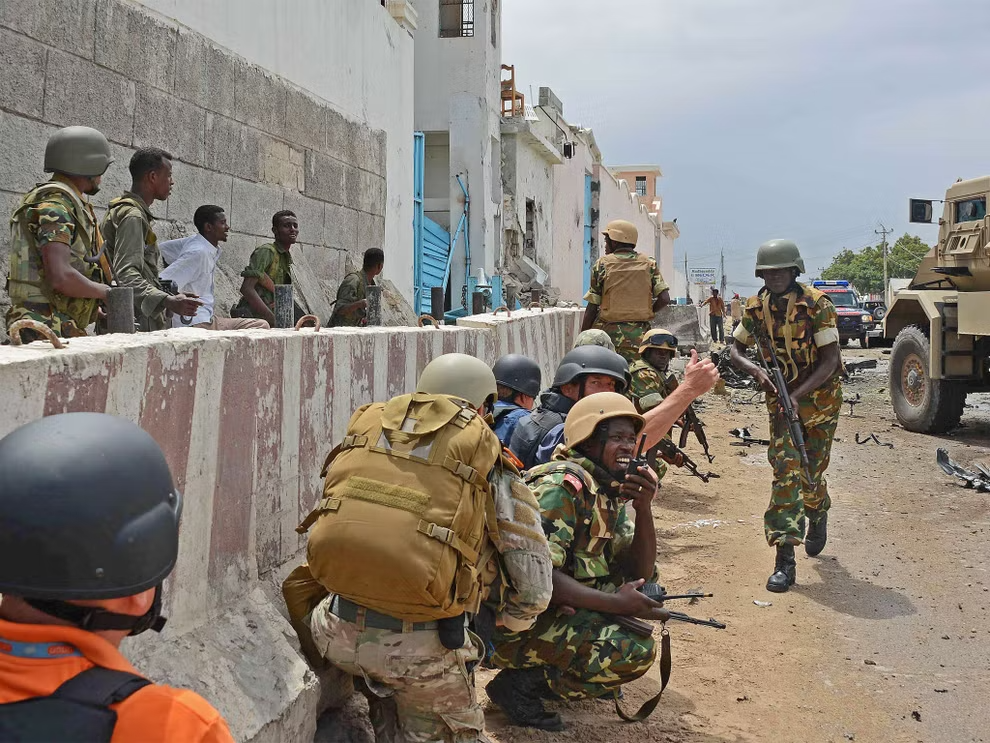Everyone knows what a Peace Support Operation (PSO) is – we’ve all seen it on TV.
Intense deliberations in a high-level forum leading to a resolution by a representative international body to “do something”. Harried and sometimes exhausted looking negotiators ironing out wrinkles and soothing opposition. Discussions about mandates. Talks with countries willing to send personnel to run and protect the resulting mission. Over time, the TV segues from scenes of violence to ones with soldiers or police officers wearing blue or green helmets trying to keep the peace. Job done – move on, restlessly, to the next crisis and the next one and the one after that.
When the roving spotlight of international focus moves on, a body of people are always left behind trying to turn international commitment into practical reality for broken countries and damaged people. Watching the coming and going, it would be easy to imagine that the purposeful soldiers and the busy police officers are the main effort of the mission. That they are the operation which is supporting the fragile and shy peace. And to a degree they are – hence why so much donor effort goes into training the personnel to deploy on behalf of the international community.
But peace making is a tough yet achievable goal. Supporting that peace to be enduring is harder and more elusive. An enduring peace is not one in which the will of the international community is forced on the protagonists. Rather it is one in which all the stakeholders want peace more than they want war or conflict; one in which they have set aside their individual ambitions in favour of something of wider, more inclusive benefit.
So perhaps the purpose of a PSO is not in fact to make peace, but to help create the conditions in which people can be safe from both want and fear? Perhaps the purpose of a PSO is work towards improved human security so that people can go about their business on a daily basis unmolested by those who would prey on them and protected by accountable institutions and the rule of law?
If this is the real purpose of a PSO, then, why is so much effort focussed on the soldiers and police officers? They are vital to the mission, helping to protect it from those upon whose interests it impinges. But as a form of “force protection” the majority really only play a (vital) supporting role to the heart of the mission – the place where can be found those whose daily chore is to sustain the engagement between the parties and to work towards betterment for all. These people – often specialists in negotiation or political analysis, or experts in human rights and humanitarian law, or people with long experience in promoting stabilisation and security – are the real standard bearers for the international community. Sure, their military and police colleagues wear the uniforms and bear the flags of their masters. But their highly visible job is to support those whose day job is to help the peace to be as successful and sustainable as possible.
So, yes to training soldiers and police officers. We need them to be good and effective and to be the visible manifestation of international commitment. But also, yes to developing a cadre of people who keep an eye on and work towards the main prize – improved human security for all.


Leave A Comment